Throughout American history virtually every legislative initiative for progressive reform has been achieved only after bitter struggle by citizens, workers and advocates demanding fundamental rights and protections. In each case, they were met with claims that the proposal will “kill jobs,” generate a stifling government bureaucracy, or curtail economic growth.

The minimum wage is a critical social economic safeguard, setting a wage floor that should allow workers to meet their basic needs. The national minimum wage was first instituted in 1938 as a central feature of the Fair Labor Standards Act (FLSA). The Act also established overtime and child labor standards. It has been amended many times to increase the wage or expand coverage. Workers in some industries, such as agriculture, are exempt. The minimum wage is set by Congress, not by an independent agency as President Franklin Roosevelt originally proposed. It is not pegged to the cost of living and the real value of the federal minimum wage lags behind inflation. As a result, many states and cities have set their minimum wage rates higher than the federally mandated wage.
In her Congressional testimony from 1959, Eleanor Roosevelt noted the repetitive quality of objections raised by minimum wage opponents over the previous five decades. More than 50 years later, it appears that nothing has changed.
“The arguments raised against establishing any legal minimum wage were the same as those which have been used by employers over the past 50 years. “The proposed 50-cent minimum wage would be a ‘socialistic toehold’ toward a higher minimum. It would ruin many small businesses. The State would be taking over and running free enterprise.”
I always believe that, in a democracy, it is the obligation of the Government to give its citizens the protection and care they need for the benefit of the individual, the family, and the Nation as a whole.”
This report documents the rhetorical onslaught launched by minimum wage opponents over the past 100 years. Rather than approaching these claims at face value, we step back and review how minimum wage opponents have presented their case through roughly a century’s worth of public statements, congressional testimonies, editorials, media interviews, and other public records, devoting a critical eye to the trajectory of these criticisms over time.
The Cry Wolf Project is a network of advocates, researchers and scholars dedicated to demonstrating that, in fact, conservatives and business groups are only “crying wolf” to delay, prevent and weaken important and common sense regulations that save lives, clean our environment and make our families more secure. To learn more about Cry Wolf Project, visit www.crywolfproject.org
